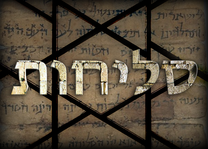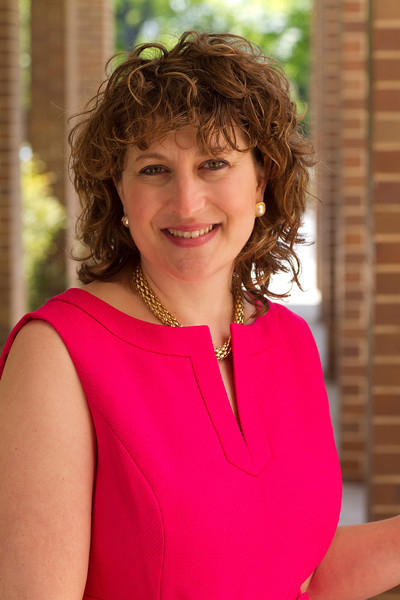
Throughout the month of Elul, the month preceding Rosh Hashanah, I will be sharing daily reflections to help each of us prepare for the upcoming High Holy Day Season. I hope these thoughts inspire each of us to make time, find the energy and initiate some passion as we reflect and examine this past year, in preparation for the year to come.
Shavua Tov! As we join together for Selichot this evening, we strongly and intentionally turn our thoughts and contemplations to that of forgiveness. Selichot is a service held the Saturday night prior to Rosh Hashanah (or the week prior if that provides less than four days of reflection until the New Year). During this service, we begin to hear the melodies of the High Holy Days, share in some of the traditional High Holy Day liturgy, and change our Torah covers to white, for the pureness and holiness of the Holy Days.
Most importantly, we begin reciting prayers of selichah, or forgiveness. As we end the final Shabbat of 5774, we reflect on this past year, and begin to concretely determine how we must ask for forgiveness as we enter the New Year. We offer the words of the traditional confessional:
Our God and God of our ancestors,
May our prayers come before You
And may You not ignore our pleas.
We are neither so arrogant nor so stubborn
As to declare that we are righteous and have not sinned:
For indeed, we have sinned.
Forgiveness cannot take place without an inward realization of the wrong that has been done, an ownership of these actions or words or thoughts, and an attempt to make this right during this next year. Sometimes we need to ask forgiveness of ourselves, for what we did not accomplish or complete in this past year. Sometimes we ask forgiveness from our closest loved ones and friends, for small and large things we may have done or said. Sometimes we ask forgiveness from those we don’t know well, but whom we hurt and need to ask forgiveness in order to move forward into this New Year with a whole heart. Sometimes there are those whom we have hurt and we are oblivious to this, and therefore need to ask a general forgiveness from those we may have hurt, even if we are unaware.
The heart of the prayers we offer known as selichot is based on two verses from the Torah, known as the Thirteen Attributes of God: Adonai, Adonai, God of compassion, gracious, endlessly patient, loving and true, showing mercy to the thousandth generation, forgiving evil, defiance and wrongdoing, granting pardon (Exodus 34:6-7). We understand that every time we as a people have missed the mark, we have erred, we should reflect on this passage, and know that God will forgive us. If our God can forgive us, then we, too, should forgive ourselves and others.
May this be a year of forgiveness.
May we know how to ask, and may we learn how to receive.
And may it be soon.
L'shanah Tovah,
Rabbi Debbie Bravo
Now let the sound of the shofar be heard;
And let our souls be awakened!
| | Tekiah G'dolah! |

 RSS Feed
RSS Feed
